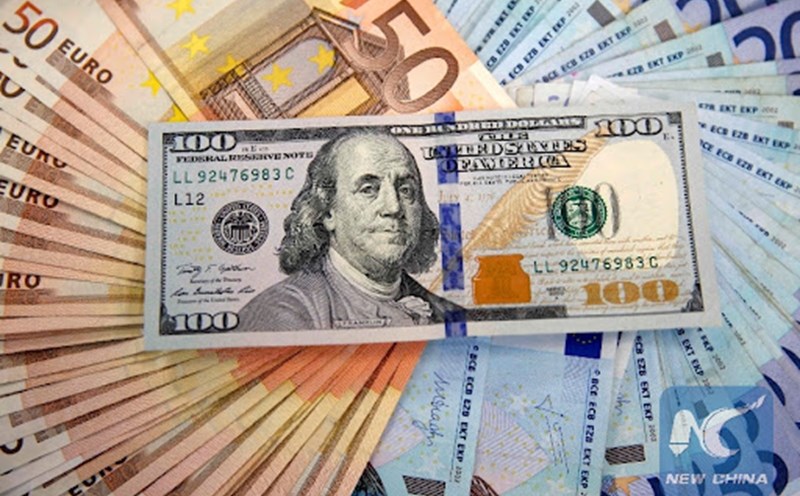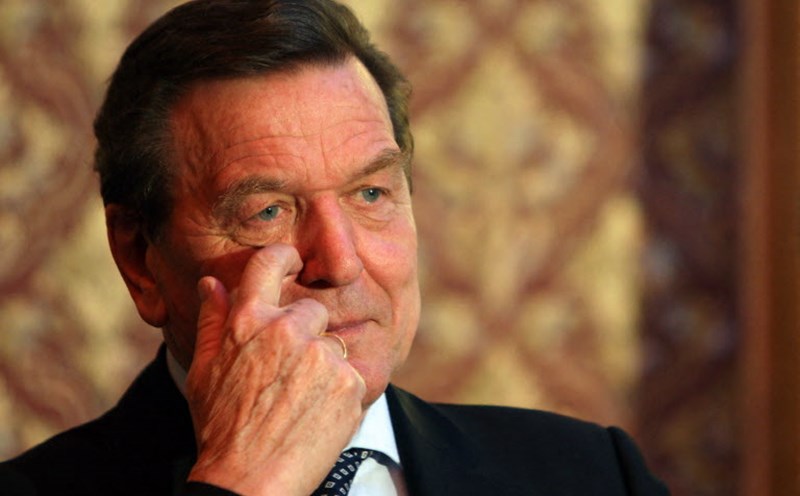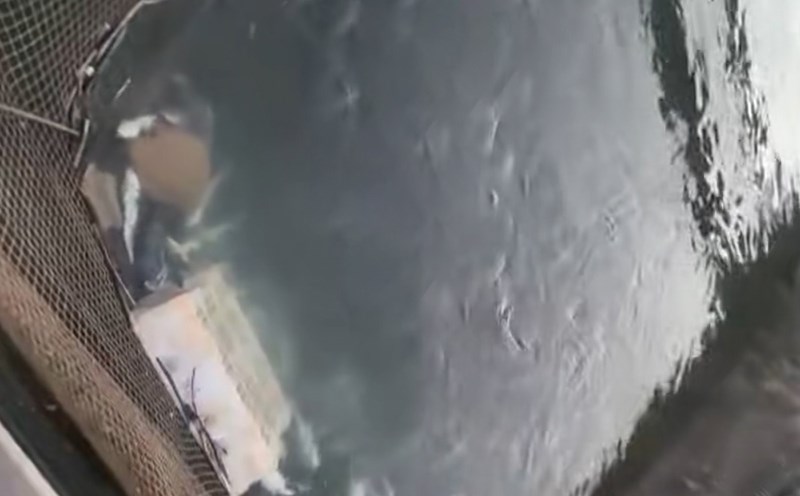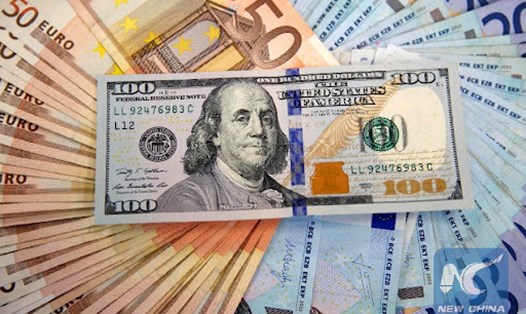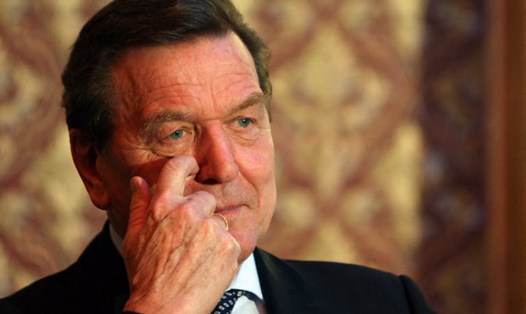The latest move is Poland's refusal to accept Germany's request to extradite a Ukrainian suspect suspect suspected of being involved in the 2022 Nord Stream pipeline bombing - a project considered a " gas pipeline failure" connecting Russia with Europe, in which Germany suffered the largest damage.
Polish Prime Minister Donald Tusk said the handover of the suspect was not in accordance with Polish national interests and said the bigger problem Was not an explosion, but the construction of Nord Stream from the start.
This statement immediately sparked controversy, because according to European Union (EU) regulations, member states cannot refuse extradition requests based only on national interests.
Some Polish officials later even asserted that the prosecution of the suspects does not benefit NATO, further straining relations between Warsaw and Berlin. Germany has not yet responded officially, but observers say the silence reflects Berlin's confusion in handling a sensitive issue between its allies.
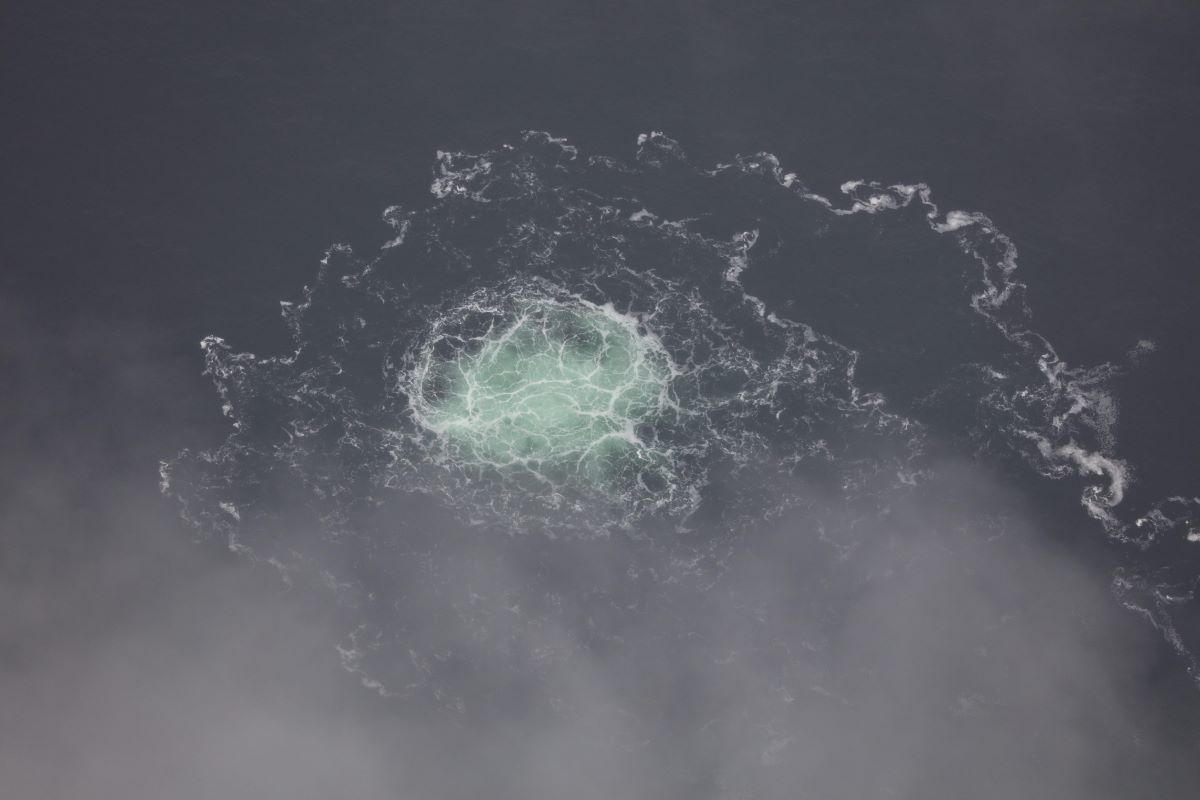
A Italian court has also denied the request to extradite another Ukrainian suspect in the same case, leaving the German investigation at a standstill. Meanwhile, some Western media outlets said the Ukrainian groups may have acted with the support of a third party, possibly neighboring European countries with competitive energy benefits.
The Hungarian Foreign Ministry is one of the few that spoke publicly against Poland's decision, saying that "anhiding the sabotage of a gas pipeline is acceptable and dangerous" and warning Europe "it is unacceptable for leaders to defend terrorist behavior".
In Germany, many energy and policy experts believe that the Nord Stream incident has exposed Berlin's over-reliance on its allies in security and energy. Although the German government has always called for resumes the role of European leadership, in reality, the country is having to be cautious about confrontational decisions within NATO and the EU.
An analyst at the Berlin Institute of International Relations said: The Nord Stream incident is not just a story about a bombed gas pipeline, but a test of Germany's ability to protect its interests without breaking off its allies.
More than three years after the explosion rocked the Baltic Sea, questions about the perpetrator of the Nord Stream sabotage and the responsibility of the relevant parties have not been answered. But it is a increasingly clear reality that in the power game between allies, Germany seems to be the side that is suffering the most damage.

